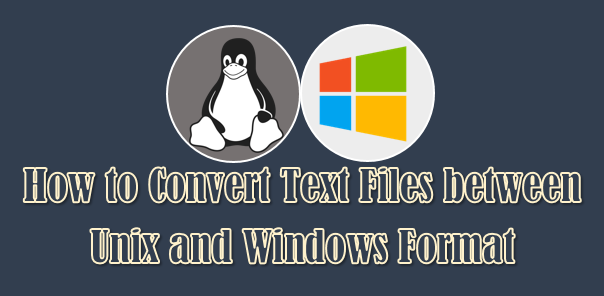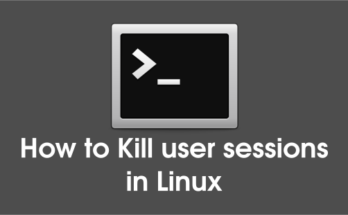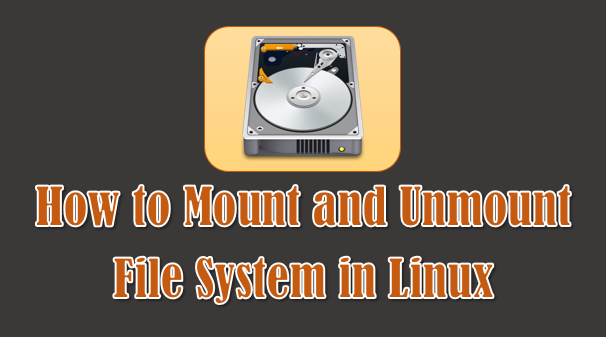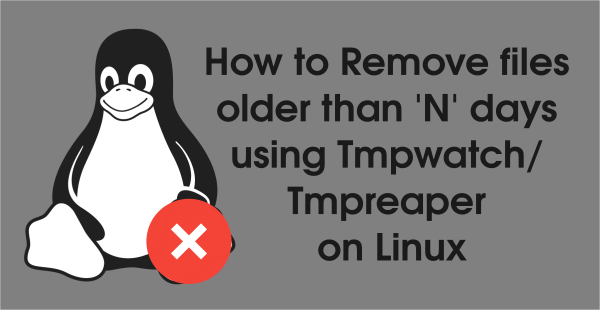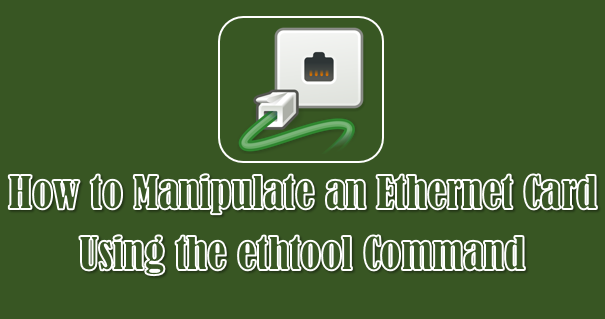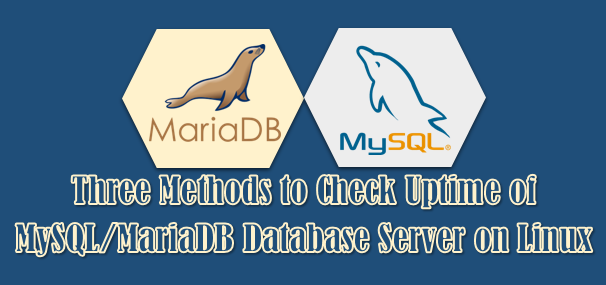
How to Scan\Detect new LUN’s & SCSI disks in Linux
When building a Linux server, it is inevitable to map the storage to save any database and application files which require more storage space. To add storage to the host, …
How to Scan\Detect new LUN’s & SCSI disks in Linux Read More
